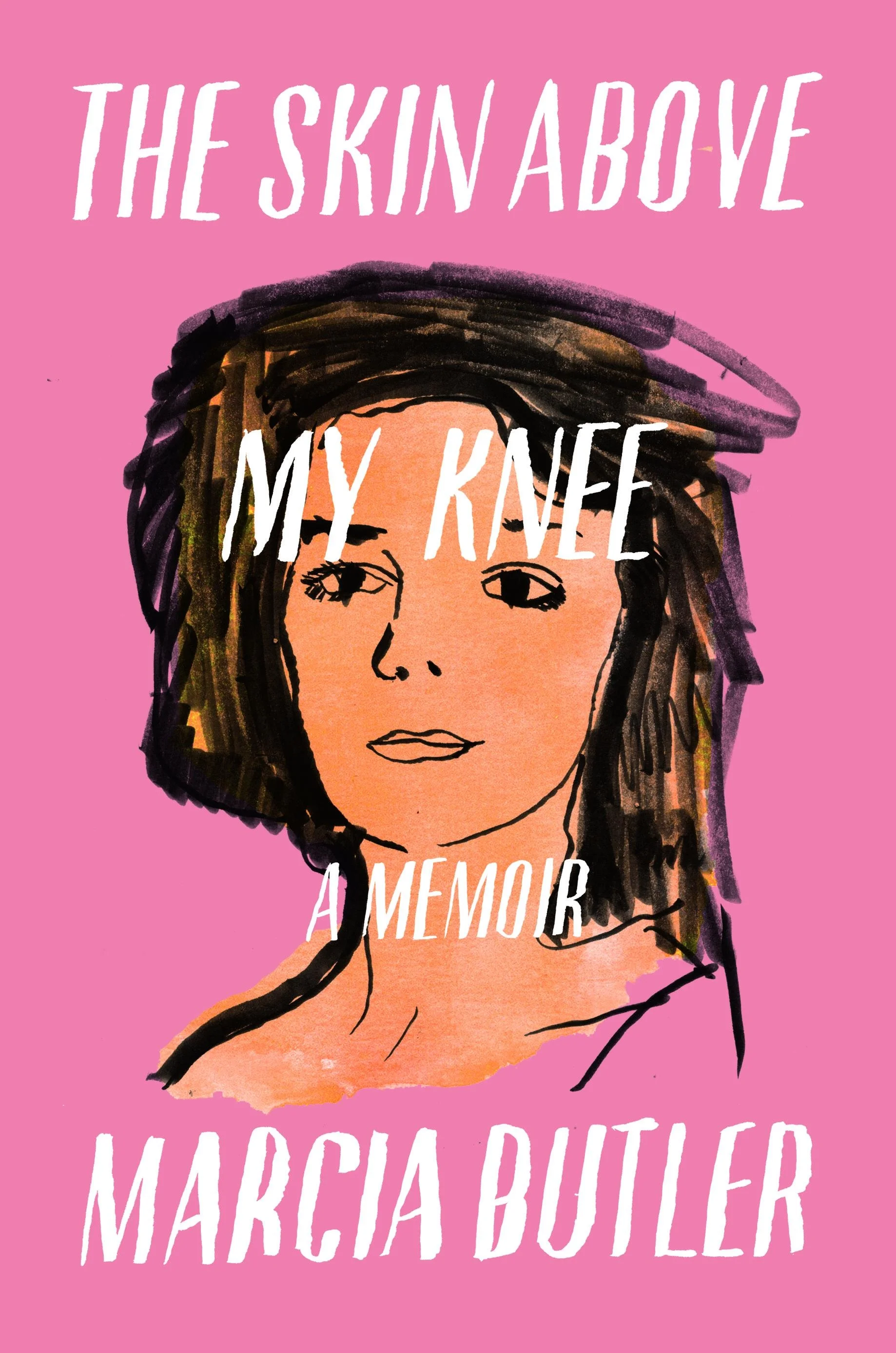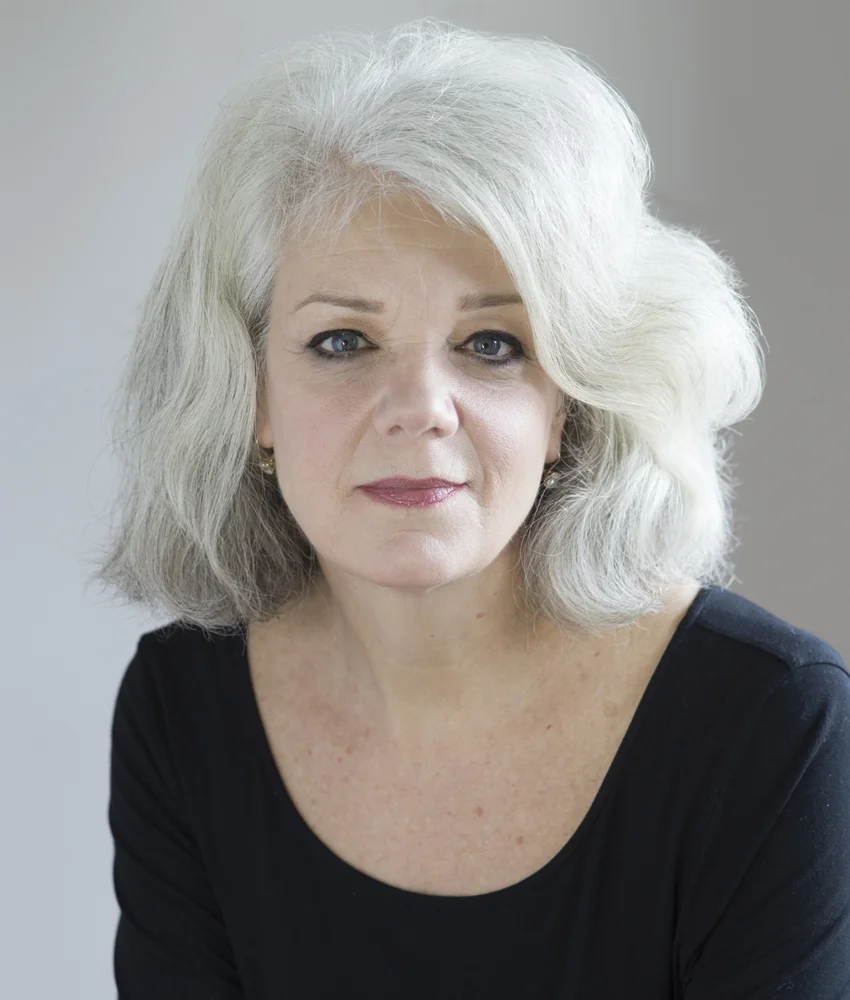From the author: Bone cancer in my cheek ended my career as an opera singer and brought me face to face with mortality, disfigurement, the meaning and uses of beauty—and a lot of left over pieces.
Read moreThe Skin Above My Knee: A Memoir by Marcia Butler
When was the last time you really, truly listened to music? In the rush-rush of daily life, it's not always easy to sit, close your eyes and listen—deeply, emotionally, exclusively—to, say, a Mendelssohn Violin Concerto or "Naima" by John Coltrane or even Adele's achingly nostalgic love song, "Hello." Instead, we OM at a meditation class, zone out watching "The Crown" or "Black Mirror," or catch up on the latest Intima Field Notes (sorry, a bit of shameless self promotion) to de-stress from our chaotic lives. We often forget the restorative, soul-enhancing powers of music, the way we can lose ourselves and discover other worlds and emotional depths when we focus and attentively listen.
During her 25-year musical career, Marcia Butler performed as principal oboist and soloist on renowned New York and international stages, with many musicians and orchestras, includin pianist Andre Watts, composer and pianist Keith Jarrett, and soprano Dawn Upshaw.
Those feelings came rushing back to me as I read a new memoir by Marcia Butler, entitled The Skin Above My Knee. Butler, who published a story called "Cancer Diva," in the Spring 2015 Intima, was a classical oboist in New York City for 25 years. She has written an extraordinary and moving account of her life that goes beyond stories about her difficult childhood, icy and aloof mother, the many abusive men in her life and her struggles with addiction. Yes, we get all of those painful stories, fleshed out and delivered with Butler's sensitive, yet sardonic wit, but we also are party to her love and mastery of music.
Oh, glorious music! Every other chapter or so, Butler brings her musical world to life in palpable detail, pulsing with all of its highs, lows and endless hours of practice. We see her pride and excitement about being accepted to a music conservatory on full scholarship only to be told to play nothing but long tones "for months, possibly till the end of the semester." We watch, as she learns the "hell" of crafting the perfect reed from scratch only to ruin it and start all over again. We accompany her through the nerve-wracking challenges and transcendental joys of performing.
Consider this short excerpt where she describes accepting an invitation from composer Elliott Carter to be the first American to perform his oboe concerto:
Upon receiving the score, you can't play the piece or even do a cursory read-through. This is an understatement. You can't play a single bar at tempo or, in must cases, even three consecutive notes. You have to figure out how to cut into this massive behemoth. First learn the notes. Forget about making music at this point. Just learn the damn notes. Your practice sessions consist of setting the metronome at an unspeakably slow tempo and then playing one bar over and over until you can go one notch faster.....
...You remember the exact passage when the cogs lock together. It is not even the hardest section, technically, but what you begin to hear is music. There's music in there, and it is actually you making that music. Your stomach rolls over, a love swoon. The physical sensation is visceral and distinct. It is a very private knowing: a merging with something divine, precious, and rare. As a musician, you covet those moments. You live and play for them. It is a truly deep connection with the composer, as if you channel his inner life. A tender synergy is present, and you fear that to even speak about it will dissipate it immediately. Don't talk. Just be aware.
We're fortunate that Butler has decided to talk about her intense love affair with music and share her most intimate moments with us in this entertaining memoir. While the author touches upon her cancer diagnosis briefly, this isn't an illness narrative in any way, shape or form. Yet, she brings the idea of attentiveness and deep focus to light through her musical calling and finds a way to counteract trauma and pain in the expression of her art. By opening up the conversation about difficult moments and learning the discipline to recognize, express and find meaning in them, Butler also reminds us to listen, deeply, to the music of the world around us, as dissonant, lilting, strident or soothing it might be. Find the music that personally delivers meaning to you, be it a concerto or Ed Sheeran, "Shape of You." For her, it was always Norwegian opera singer Kirsten Flagstad performing Isolde's final aria, the "Liebestod," in Richard Wagner's magnificent Tristan and Isolde.—Donna Bulseco
If you would like to hear Marcia Butler in concert, the author provided a link to work where she performed. Click on the title of a piece for oboe and piano, entitled "Fancy Footwork" from the album, "On the Tip of My Tongue" by composer Eric Moe.
DONNA BULSECO, M.A., M.S., is a graduate of the Narrative Medicine program at Columbia University. After getting her B.A. at UCLA in creative writing and American poetry, the L.A. native studied English literature at Brown University for a Master's degree, then moved to New York City. She has been an editor and journalist for the past 25 years at publications such as the Wall Street Journal, Women's Wear Daily, W, Self, and InStyle, and has written articles for Health, More and the New York Times. She is Managing Editor of Intima: A Journal of Narrative Medicine, as well as a teaching associate at the School of Professional Studies at Columbia University.



